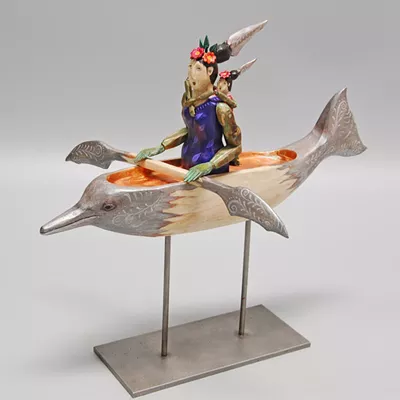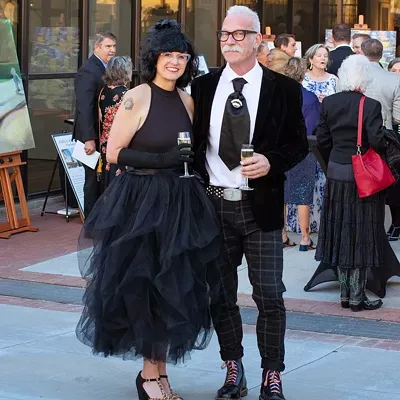Writing a book about the 1960s is a sure gamble: Everyone who survived those raucous times has a story and probably wouldn’t mind hearing another. Betting he can get an audience, former Tucsonan Paul Justison has penned an intriguing ’60s tale, “Lost and Found in the ’60s.” Tucson should embrace Justison’s book, as it provides an accurate description of life back then.
As the story begins, teenager Mark Stenrud, in a broken relationship with his mother, has problems at school for his Vietnam War protesting and troubles juggling girlfriends. His solution is to get high across the border, gleefully prank the John Birch Society, and drop out of Javelina High to escape to California.
Justison spent 10 years in Tucson, where he did drop out of high school and made his way to the California Bay Area. After retiring from a career in hospital and research facility management, Justison took up writing and published short stories in several magazines. “Lost and Found in the ’60s” is his first novel.
“It was an iconic time in American history, and it was a crucible for me,” Justison said about the time period.
“So, I had a lot of drama to draw on. I wanted to show the joy of Haight-Ashbury, along with its descent. I wanted to expiate my own sins of those days.”
In the book, Stenrud heads for the free love and psychedelic capital of the universe, Haight-Ashbury. Justison gets the tempo, the jargon, the food, drugs, sex and rock ’n’ roll of the times just right. In this excerpt from his novel, protagonist Stenrud describes his first take on the famous street:
“I was too awestruck to touch or feel anything, as if it were all behind glass. … Hipsters, unaffiliated revolutionaries, heads, and freaks leaned on cars, walls, and each other all along the street. I smelled pot every half block and saw smoke a few times but never spotted a joint. … Fliers posted on a telephone pole caught my eye. ‘Julie, please come home. We love you. Your sister misses you. Call us.’ Two more like that. One had a lot of white space, and I wrote, “Oh, Mother, Mother. Wish I’d had another.”
Justison said he and Stenrud escaped to Haight-Ashbury.
“I struggled a lot at first, but I found my footing and got a job with the post office,” Justison commented. “I filled my free time with sex, drugs, and rock ’n’ roll. Eventually I realized that this was not what I should be doing, and I tried to get out. That didn’t go quite as planned, but I survived to tell the tale.”
Stenrud takes chances with his life, in the same way Justison takes chances with his readers. Justison doesn’t spare readers the embarrassingly accurate, cringeworthy treatment of seemingly plentiful “chicks,” nor the dangerous possible outcomes involved in turning on, tuning in and dropping out. The book is an unlikely hero’s journey. The pace matches the beat of the times and there are plenty of odd twists to keep the reader engaged.
“Lost and Found in the ’60s” by Paul Justison
Unsolicited Press, Portland, Oregon
$17; Amazon








